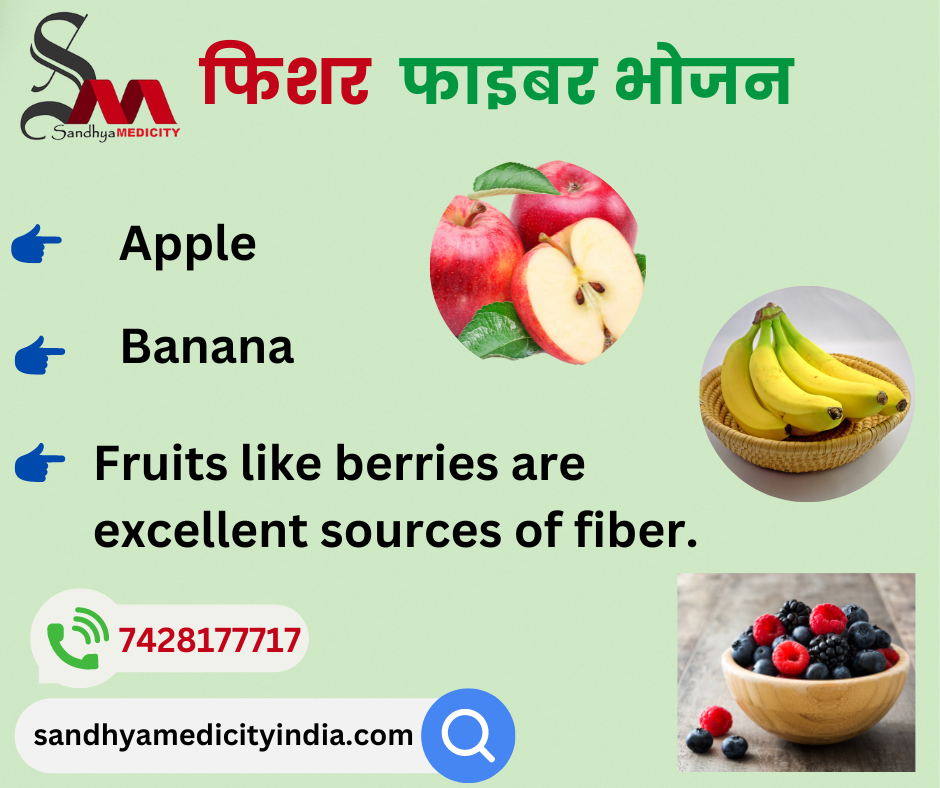Hello everyone, and welcome back to our blog! Should I eat if I have fissure? Today, we have an important topic to discuss that affects many of us at some point in our lives: solve it and provide guidance to those who are struggling with this uncomfortable situation.
Table of Contents
Healing power of food
Before delving into specific foods, it is important to understand why some choices may promote healing while others may worsen the problem. Anal fissure is basically a crack in the lining of the anus,
Which is usually caused by hard or large stools, chronic constipation, diarrhea, or even childbirth. This condition may cause pain, bleeding and discomfort during bowel movements. Therefore, the primary focus should be on softening the stool and avoiding further irritation.”
Hydration
Staying hydrated is important for overall health, and even more so if you have fissures. Drinking adequate amounts of water throughout the day helps maintain bowel regularity and prevents constipation, a common problem for fissures.
Aim to drink at least eight glasses of water a day, and if plain water isn’t your cup of tea, herbal teas and natural fruit juices can be good alternatives too.

Fiber
Let’s talk about fiber! Consuming a diet rich in fiber is fundamental in dealing with fissures. It adds volume to your stool, making it softer and easier to pass without straining.
- Apple,
- Banana and
- Fruits like berries are excellent sources of fiber.
- Like whole grains
- Oat,
- Brown rice and
- Whole wheat bread is also a fiber-rich food
Which you should consider including in your diet. Other than this,
- Broccoli,
- Spinach and
- Vegetables like carrots can also be an ideal addition to it. Your food.”
Power of Lean Protein
Although fiber is important, don’t forget about the importance of lean protein. Foods such as skinless turkey, and legumes provide essential nutrients and promote healing.
Including lean protein in your diet not only helps repair tissues, but it also helps maintain energy levels throughout the day.”
Friendly fat
In addition to fiber and lean protein, adding healthy fats to your diet can also be beneficial.
- Avocado,
- Nuts and
- Olive oil
Are great sources of monounsaturated fat, which may provide anti-inflammatory effects. These fats, when consumed in moderation, can contribute to the overall health of your digestive system.”
Foods to avoid
Now that we’ve covered what you should eat, let’s move on to what you shouldn’t eat if you have cracks. “Certain foods can worsen symptoms and hinder the healing process, so it’s important to be conscious of your choices.”
Say no to spicy food
Spicy foods, although delicious, can irritate the sensitive tissues in the rectum and anus, causing discomfort and pain.
Therefore, it is best to avoid condiments such as chili, hot sauce, and highly spiced dishes until your fissure has healed.
Stay away from processed foods
Processed foods are typically low in fiber and high in refined sugars and unhealthy fats, making them a less-than-ideal choice for someone with fissures.
- These foods can aggravate constipation and cause hard stools. fight the temptation to hold on
- Potato chips,
- Cookies, and
- Choose sugary snacks and fiber-rich options instead.”
Conclusion
Overall, maintaining a healthy and balanced diet is paramount when dealing with anal fissures. Remember to stay hydrated, increase your fiber intake, and eat lean proteins and healthy fats.
It is equally important to avoid spicy and processed foods to prevent further irritation. Lastly, listen to your body and be patient with the healing process, because it takes time.

